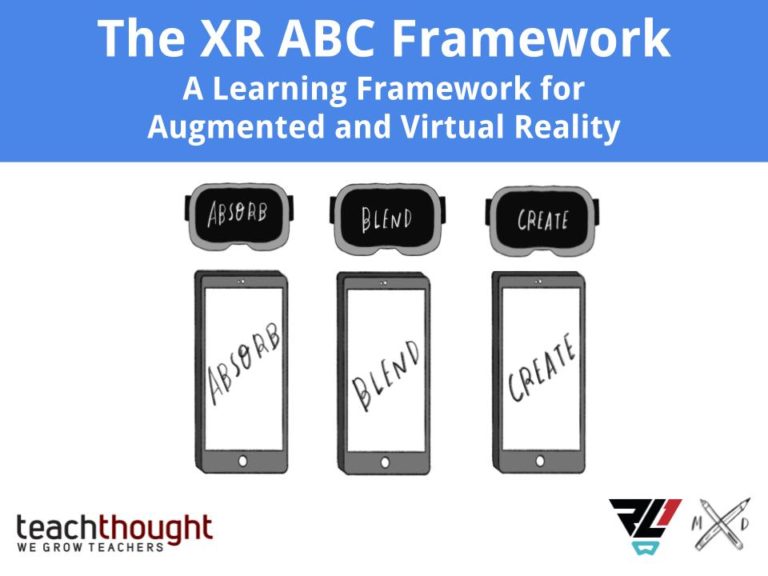One of the biggest challenges facing educators right now, especially those who work with primary grade children, is assessment. How do we deliver assessment in an entirely digital learning environment? How do I decide what to assess and how to assess it when I am not even sure to what extent they are processing the learning? What tools can I use to assess my students that are manageable for both myself, my students, and for my students’ parents?
Assessment can be tricky to figure out when we are now teaching in an entirely different mode than we did prior to the school closures. Many teachers have spent years, if not decades, perfecting their craft. Knowing and understanding the instructional strategies used to deliver knowledge and skills to our students in turn allows us as educators to implement assessment strategies that jive. But in a world where we are not even certain of our own instructional strategies, let alone confident in their success, it is very challenging to feel confident in the assessment process.
When looking at our youngest learners, it is always a good practice to consider project based assessment. Whether it is asking a student to craft a story as a writing assessment, provide a video oral book review as a reading assessment, or use sidewalk chalk to work out math problems as a math assessment accompanied by photos to document, our youngest learners certainly benefit from a more hands on approach to demonstrating their learning. While there are many web based tools out there to help assess learning as young as Kindergarten, and many of them have tremendous value, we can always benefit from taking a blended approach with our littles.
When we consider assessing our students who are confident on a device, there are numerous tools and resources available. One particular favorite is Google Forms. Google Forms has developed a very robust assessment tool in which you can turn a Google Form into a quiz. In doing so, you can also set it to autograde the assessment so that it saves time and provides immediate feedback to the students. I especially like the feedback feature where you can build in commentary feedback for each question, both for when the student selects the correct answer and for when the student selects the incorrect answer. This is a great tool for providing students with formative assessment.
In addition to Google Forms, there are also tools like GoFormative which offers teachers the opportunity to build an assessment that asks students to type, draw, or even submit images in response to questions. This allows students to tap into many differentiated methods of demonstrating mastery and diversifies the type of assessment that a teacher can provide in digital mode. Another great assessment tool is EdPuzzle. EdPuzzle provides students with video content and allows the teacher to embed questions/comments throughout the video. With the ability to pull media from a variety of resources (Khan Academy, YouTube, etc), teachers can embed high level analysis and evaluation questions throughout the experience for the students. EdPuzzle curates the student responses on the backend for the teacher to analyze student performance.
The Ready Learner One team is proud to offer you the following focused compilation of resources to assist you with assessing your students from a distance.
Stay tuned for next week’s continuation of the Ready Virtual Learner One Series where we will focus on the specific content areas. Wishing you good health and a restful weekend!
| Assessment Resources GoFormative – Formative is an assessment tool where students can type, draw, or submit images to demonstrate their understanding. – Virtual Lessons in Formative – Check out the video tutorials for all the step-by-step directions. Google Forms- Google Forms is a great way to create self grading assessments for your students. – How to set up a Google Form Assessment EdPuzzle – Edpuzzle is an easy-to-use platform allowing you to engage every student, one video at a time. – Creating Video lessons in EdPuzzle |
About the author: Christine Lion-Bailey is the Chief Strategy Officer for Ready Learner One LLC and a Director of Technology & Innovation in New Jersey. She is also is the coauthor of Reality Bytes: Innovative Learning Using Augmented and Virtual Reality. Christine is an advocate for innovative thought and practices in learning, both through instruction and leadership, across K-12, higher ed, and corporate spaces. Follow Christine on Twitter at @clionbailey.


